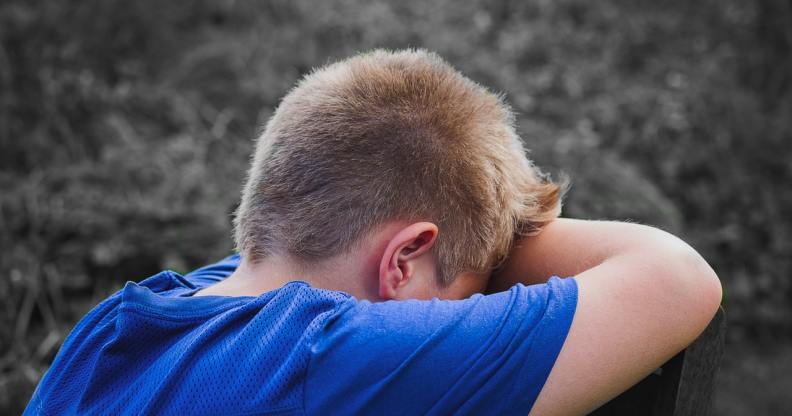This is how toxic masculinity is putting boys and men in danger during the coronavirus pandemic

Pexels
Boys and men are feeling vulnerable during the coronavirus pandemic but are disguising it through risk-taking behaviour, a researcher has said.
In an article for TES, criminology professor Ross Deuchar and former police chief inspector in the Scottish Violence Reduction Unit Graham Goulden wrote of their fears for boys and men in COVID-19 lockdown.
Deuchar and Goulden delved into impossible standards boys and men feel they must adhere to in order to ascribe to a “masculine” image.
They wrote that western societies favour “idealised qualities of masculinity” like “toughness, fearlessness, engaging in risk-taking behaviour, and displaying violence, aggression and invincibility against any perceived threat.”
Boys and men are feeling extremely vulnerable in coronavirus lockdown, but many can’t express their feelings.
However, they pointed to research which shows that boys and men who feel they must ascribe to these toxic standards of masculinity also feel extremely vulnerable.
“Right now, many boys and young men will be finding life tough, but embedded perceptions of masculinity may prevent them from opening up to their emotional turmoil,” Deuchar and Goulden wrote.
Human beings thrive when they have coherence and control, but our boys need support – we can’t simply expect them to ‘get on with it’.
“In lockdown, many will be feeling isolated, anxious and uncertain,” they added.
They fear that boys and men are disguising these feelings by engaging in high-risk behaviours within their peer groups.
Many are engaging in risky behaviour such as congregating in public places, despite the risk of contracting COVID-19.
Deuchar and Goulden pointed to reports that large groups of boys and men continue to gather in public places despite coronavirus lockdown.
They pointed out that this behaviour is extremely risky right now, given how fast COVID-19 is spreading, and said more men than women are dying from the virus.
They are urging parents, teachers and anybody who lives with boys and young men to open a dialogue and show them that it’s OK to feel vulnerable and anxious.
Deuchar and Goulden also said they want boys and men to realise that their peers will be feeling the same thing and that they should feel no shame.
“Human beings thrive when they have coherence and control, but our boys need support – we can’t simply expect them to ‘get on with it’,” they conclude.

